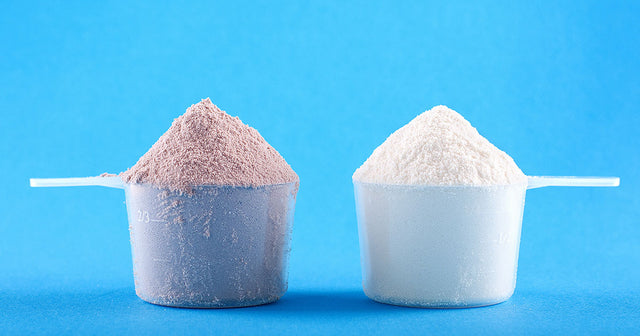Impact of Muscle Glycogen Availability on the Capacity for Repeated Exercise
Phase I Trial
Author Information
Alghannam AF1, Jedrzejewski D, Tweddle MG, Gribble H, Bilzon J, Thompson D, Tsintzas K, Betts JA.
Human Physiology Research Group, Department for Health, University of Bath, Bath, UNITED KINGDOM
Background
This study aims to examine whether muscle glycogen availability is associated with fatigue in a repeated exercise bout following short-term recovery.
Methods
Ten endurance-trained individuals underwent two trials in a repeated-measures experimental design, each involving an initial run to exhaustion at 70% of VO2max (Run 1) followed by a 4-h recovery and a subsequent run to exhaustion at 70% of VO2max (Run 2). A low-carbohydrate (L-CHO; 0.3 g · kg body mass (-1) · h (-1)) or high-carbohydrate (H-CHO; 1.2 g · kg body mass (-1) · h (-1)) beverage was ingested at 30-min intervals during recovery. Muscle biopsies were taken upon cessation of Run 1, after recovery, and at exhaustion during Run 2 in L-CHO (F2). In H-CHO, muscle biopsies were obtained after recovery, at the time point coincident with fatigue in L-CHO (F2), and at the point of fatigue during the subsequent exercise bout (F3).
Results
Run 2 was more prolonged for participants on H-CHO (80 ± 16 min) than for participants on L-CHO (48 ± 11 min; P < 0.001). Muscle glycogen concentrations were higher at the end of recovery for participants on H-CHO (269 ± 84 mmol · kg dry mass (-1)) than for participants on L-CHO (157 ± 37 mmol · kg dry mass (-1); P = 0.001).
Conclusions
Increasing carbohydrate intake during short-term recovery accelerates glycogen repletion in previously exercised muscles and thus improves the capacity for repeated exercise. The availability of skeletal muscle glycogen is therefore an important factor in the restoration of endurance capacity because fatigue during repeated exercise is associated with a critically low absolute muscle glycogen concentration.














